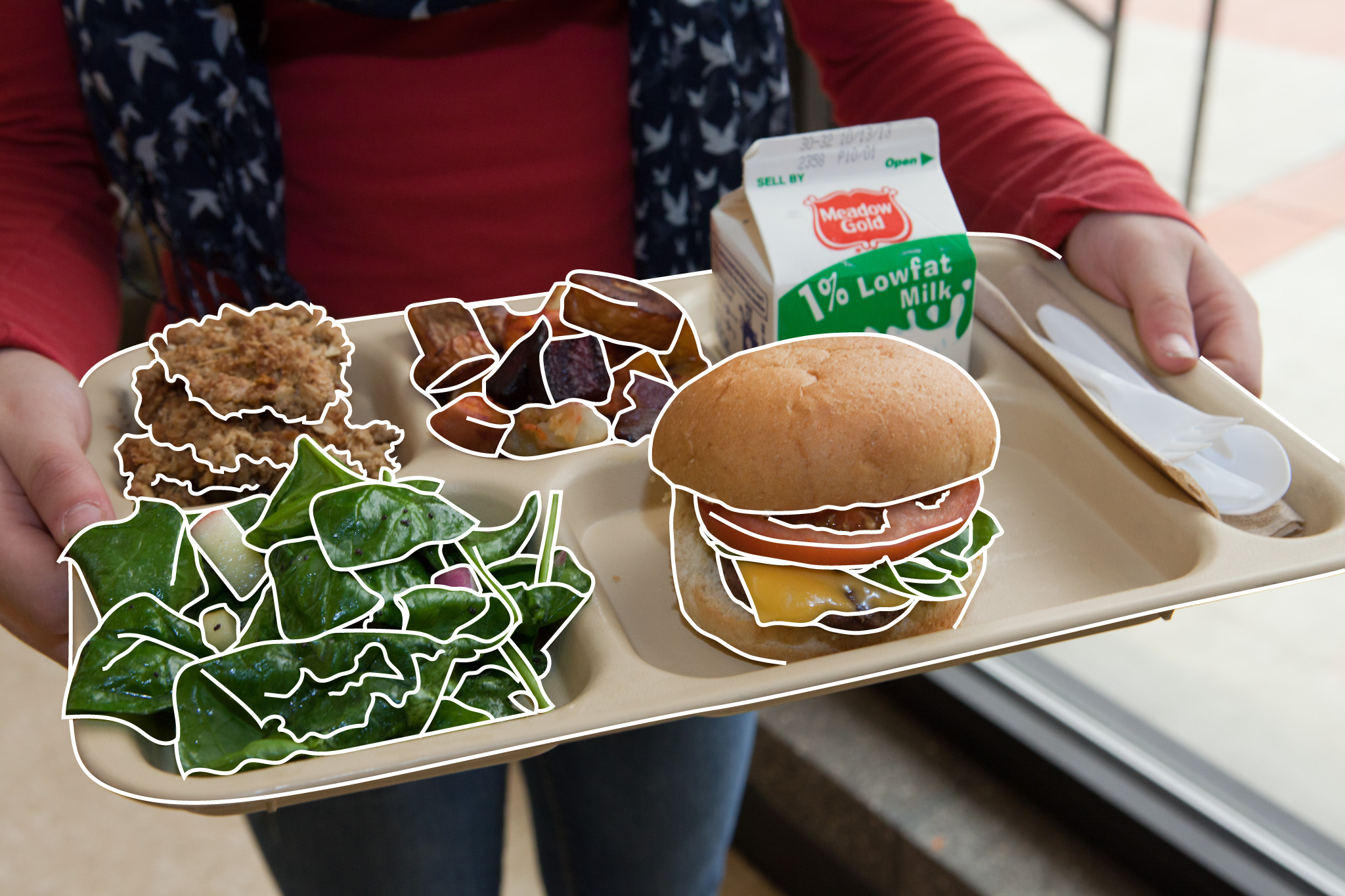Nourishing Futures for Every Student: August Policy Updates
We’ve been preparing for the White House Conference on Hunger, Nutrition, and Health, championing our policy priorities as Child Nutrition Reauthorization moves forward, and more.
We’ve been preparing for the White House Conference on Hunger, Nutrition, and Health, championing our policy priorities as Child Nutrition Reauthorization moves forward, and more.

This summer, we’ve been preparing for the upcoming White House Conference on Hunger, Nutrition, and Health, championing our policy priorities as the House works on Child Nutrition Reauthorization, and celebrating state policy wins. Read on for more details and actions you can take in this roundup of July and August policy updates.
The update: On July 15, FoodCorps released “Nourishing Futures for Every Student,” a new report outlining key policy recommendations for the upcoming White House Conference on Hunger, Nutrition, and Health this September. These four core recommendations can help improve access to nutritious foods, empower healthy choices through education, and close the disparities surrounding them due to systemic oppression. The report also shares the perspectives of school and community partners and is rooted in FoodCorps’ decade of experience as an implementation partner in school communities across the country.
Why it matters: Ahead of the conference, the White House has asked for policy recommendations and stories about nutrition, health, and hunger. FoodCorps is committed to seeing the conference include policy opportunities that will nourish the health, education, and sense of belonging of every child in our country. We’re proud to share these recommendations with the White House and hope to see these essential policies show up in conversations at the conference.
What you can do: Explore the report and share it with your friends and community.
The update: At the end of July, the House Education and Labor Committee advanced the Healthy Meals, Healthy Kids Act, representing a major step in a long overdue process to update laws governing school meals and other child nutrition programs. The bill currently awaits a floor vote in the House. For this bill to be signed into law by the president, it will also need to be considered by the Senate Agriculture Committee and passed by the Senate.
Why it matters: FoodCorps celebrates that the Healthy Meals, Healthy Kids Act includes several of our top policy priorities, including: increasing access to free school meals, higher lunch reimbursement rates, expanding funding for the Farm to School Grant program, and more. These provisions demonstrate important steps towards strengthening investments that will make healthy, nourishing, and delicious food more accessible to all students.
What you can do: Read the blog post.
The update: Massachusetts: The Massachusetts state legislature has invested $110 million into free school meals for the 2022-2023 school year. This means every student in Massachusetts will have access to nourishing school meals this upcoming school year. Michigan: Michigan Governor Gretchen Whitmer has signed an education budget into law which includes increasing funding for the successful 10 Cents a Meal for Michigan’s Kids & Farms program. The program provides schools, early childhood education centers, and other organizations participating in USDA Child Nutrition programs with match funding up to 10 cents per meal to purchase and serve Michigan-grown fruits, vegetables, and legumes. 10 Cents a Meal was started as a pilot in 2016 and has grown from an annual allocation of $250,000 to $9.3 million for FY 23, representing a significant investment in local foods.
Why it matters: With the White House Conference around the corner, these state policy wins continue to keep child nutrition on the radar for lawmakers. Both Michigan and Massachusetts are also proving that collective action can create positive momentum and influence important policy changes that benefit students, families, and schools. State wins like these are creating a path toward our 2030 goal, that every child will have access to food education and nourishing food in school.
What you can do: Read more about School Meals for All in Massachusetts and 10 Cent A Meal Funding in Michigan.
The update: In June, the Biden administration announced nearly $1 billion in additional Supply Chain Assistance funds, demonstrating a continued commitment to support school nutrition professionals’ ability to purchase food for their school meal programs as supply chain disruptions persist. This funding builds off the $1 billion allocated in December 2021 toward the purchase of unprocessed and minimally processed domestically-grown foods, with an option to reserve 10% of total funds for state purchases of local foods. More information can be found here.
Why it matters: For school meal programs, day-to-day operations have not returned to “normal.” Product and labor shortages, as well as price fluctuations, continue to impact the ability of school nutrition operators to purchase foods for their planned menus. This new infusion of supply chain funds will help ensure that kids continue to get the nutrition they need to learn and thrive at school.
What you can do: Continue to be supportive of school food personnel in your community! Ask your state agency what they’re doing to leverage this funding toward the purchase of local foods.

9 Thoughtful Holiday Gifts Made by FoodCorps Alumni

The Policy Brief, Fall 2024: After the Election

Food as Medicine: Teaching Indigenous Foodways